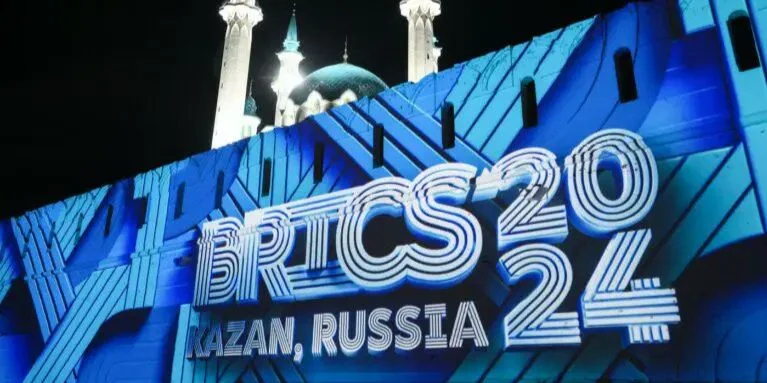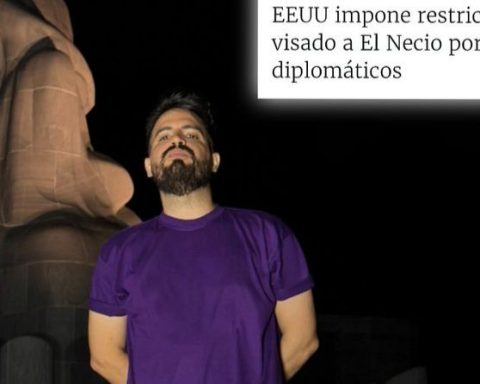HAVANA, Cuba – These days, a new Summit Conference of BRICS nations is underway in the Russian city of Kazan, a coalition of “Global South” countries aiming to carve out a space in the complex web of international relations.
The Castro regime, particularly through leader Miguel Díaz-Canel Bermúdez, had shown great interest in participating in this high-level meeting. However, in the end, Cuba’s delegation to the event is headed by Foreign Minister Bruno Rodríguez Parrilla, as Díaz-Canel is unable to leave the country—understandably, given the severe energy crisis currently plaguing Cuba.
However, what stands out is the Castro regime’s strong motivation to belong—even as an associate—to this group of nations, with Vladimir Putin, the Cuban leadership’s close ally, as the main figure at this Kazan summit.
This approach to BRICS is similar to Havana’s efforts to be accepted as an observer member of the Eurasian Economic Union, a kind of economic integration formed by Russia and several nations from the former Soviet Union. In both cases, the Castro regime’s desperation to secure some form of aid to alleviate Cuba’s dire economic situation is evident.
However, reality suggests that Cuba is unlikely to gain much economically from joining either of these groups. For a country to fully integrate into an economic bloc, it should have at least some products or resources to export that would interest the other member nations, as Cuba did when it belonged to the Council for Mutual Economic Assistance (CMEA). Otherwise, the role Cuba plays would be more like that of a beggar, waiting for scraps from any generous pockets.
And it’s this becoming role that Cuba assumes when it aligns itself with any economic integration mechanism. With no significant export products to represent the country’s honor, Cuba would simply evoke pity from its counterparts, citing the “tightened US embargo.”
In the case of BRICS, however, beyond economic considerations, the Castro regime is drawn by the geopolitical element. If we look at BRICS’s founding members (Russia, Brazil, India, China, and South Africa), we see countries with undeniable economic influence globally, but—more importantly—with strained relationships with the West. Of course, in the case of Brazil, this refers to Lula’s Brazil, not Bolsonaro’s.
The second wave of BRICS members (Iran, Ethiopia, the United Arab Emirates, Saudi Arabia, and Egypt) also consists of nations that do not identify strongly with the Western world.
In this regard, BRICS countries generally align with Putin on issues like the invasion of Ukraine, support terrorist groups like Hamas and Hezbollah in the Middle East, and show tolerance towards dictatorial regimes such as those in Venezuela and Nicaragua.
As one might imagine, Díaz-Canel and his followers feel right at home in this coalition of nations.
Follow our channel WhatsApp. Receive information from CubaNet on your cell phone through Telegram.

















